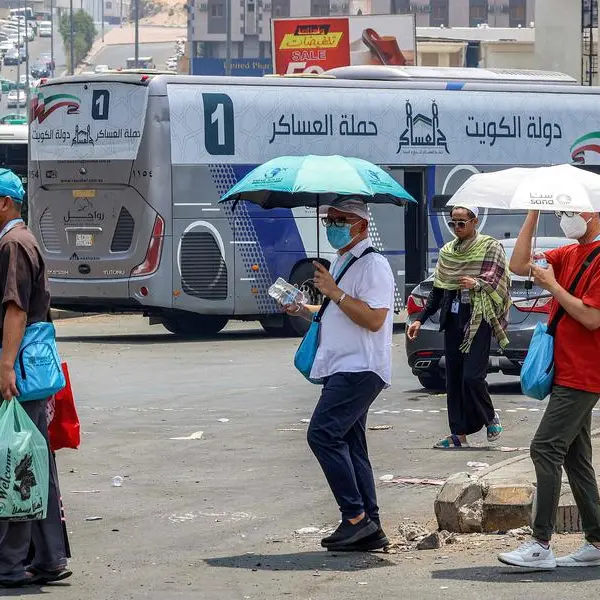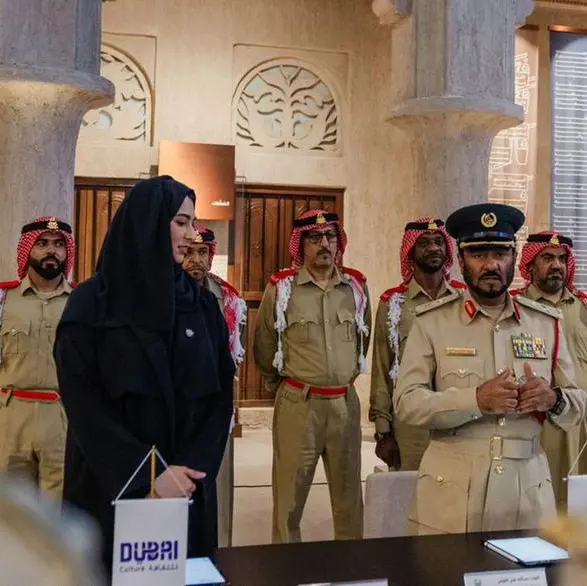PHOTO
RIYADH — Saudi Arabia’s government, headed by Custodian of the Two Holy Mosques King Salman and Crown Prince and Prime Minister Mohammed bin Salman, has made all-out efforts in combating trafficking in persons.
The government is keen on protecting human rights and preserving the dignity of every individual associated with all sectors and institutions in the country.
The government, represented by the Ministry of Human Resources and Social Development (MHRSD), has made public a review of its efforts in combating trafficking in persons during the first quarter of 2023 based on its belief in the importance of human rights and preserving dignity of every individual. It was revealed in the review that the monitoring teams under the ministry carried out more than 1500 inspection tours within the joint campaign to combat trafficking in persons.
The number of complaints received by the Anti-Trafficking in Persons Department under the ministry reached 539 during the period. These complaints were related to labor disputes, exploitation, sexual assault, forced labor, and violation of labor regulations. There were 49 suspected cases of trafficking in persons and the government has given support and protection in handling these cases.
The government has exerted all efforts to protect human rights at the national and international levels. At the national level, the Kingdom approved the Law on Combating Trafficking in Persons and a national strategy supportive to it, with the participation of several government agencies. It worked to establish and form a specialized national committee to combat crimes of trafficking in persons.
At the regional level, the Kingdom signed the Arab Protocol to Prevent, Suppress and Punish Trafficking in Persons Especially Women and Children, supplementing the Arab Convention against Transnational Organized Crime.
At the international level, the Kingdom has maintained the classification of the anti-trafficking in persons index at the second level according to the report issued by the US State Department related to the classification of countries in this field, which reflects its continued work on implementing many reforms that support and enhance the protection of human rights, as approved in the 2007 Protocol to Prevent, Suppress and Punish Trafficking in Persons Especially Women and Children, supplementing the United Nations Convention against Transnational Organized Crime, known as the Palermo Protocol, and Protocol of 2014 to the Forced Labor Convention, which is one of the International Labor Organization protocols.
Based on its complementary role, and its responsibility in the labor market, and its developmental role, the Ministry of Human Resources and Social Development worked to implement and activate the national plan to combat crimes of trafficking in persons, which is based on four main axes including prevention; protection and assistance; prosecution; and national, regional and international cooperation.
The ministry has strengthened its awareness and educational efforts on the dangers of human trafficking during the first quarter of 2023, by launching several awareness campaigns aimed at raising awareness of the rights and duties of workers in establishments and domestic workers.
The ministry, in cooperation with various chambers of commerce in the Kingdom, held 16 workshops for more than 565 employees of call centers, as well as field monitors, employers and workers, during which they were trained on indices of human trafficking, legal dimensions, means of protection, and how to deal with reports of human trafficking. The ministry also approved the establishment of the first association specialized in combating human trafficking as part of its role in activating the role of the non-profit sector.
The ministry conducted several workshops to enhance awareness and support victims, and launched a number of programs and initiatives to combat human trafficking, including the initiative to improve the contractual relationship, the wages protection program, the contract documentation program, the activation of the electronic amicable settlement service, and the Musaned platform. Also, the ministry launched the labor attaché program in labor-exporting countries aimed at raising awareness of workers about the Kingdom’s laws and recruitment policies.
The ministry provided a number of different channels to empower the target groups from communication, including the call center, which is provided in multiple languages, in addition to receiving complaints through social networking sites, and the unified application of the ministry. The ministry called on everyone to pass on information related to any suspicious human trafficking crimes through these channels so that it can take the necessary action in this respect.
© Copyright 2022 The Saudi Gazette. All Rights Reserved. Provided by SyndiGate Media Inc. (Syndigate.info).





















